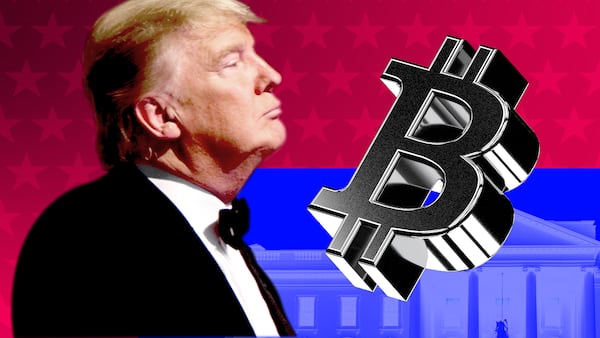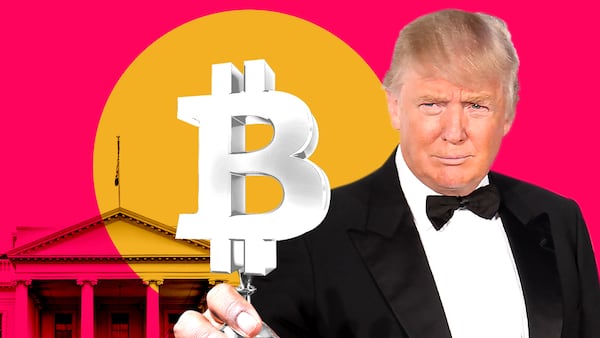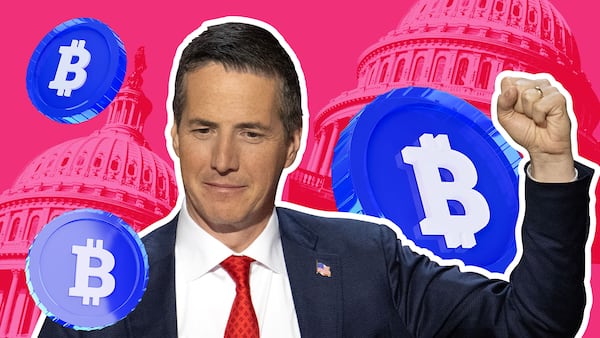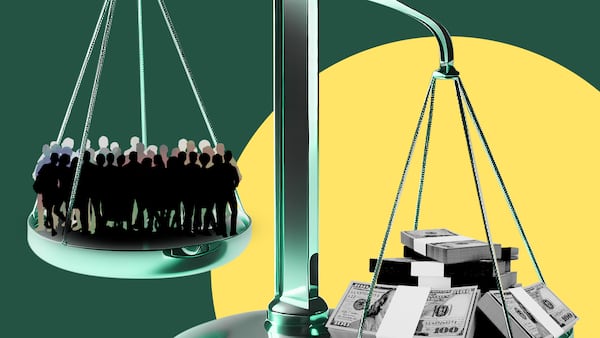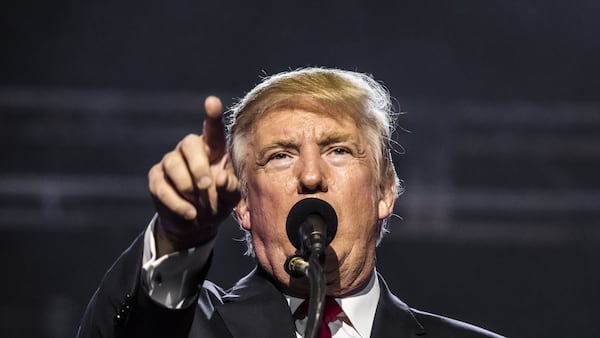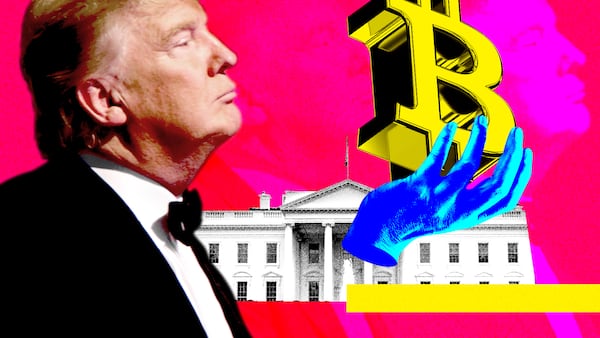- The crypto industry spent $133 million on the 2024 elections.
- It’s already raised $78 million for the midterms.
- “This isn't a fleeting thing,” said one crypto lobbyist.
Crypto built a campaign finance juggernaut. And it’s just getting started.
“This election showed that crypto as an industry, but also the community, has a tremendous amount of influence,” Kristin Smith, CEO of crypto lobby group Blockchain Association, told DL News.
Industry-backed political action committees spent approximately $133 million on the 2024 elections, according to data compiled by crypto researcher Molly White.
Crypto’s next focus? Midterm elections in 2026, when 33 of the 100 seats in the Senate and all 435 seats in the House of Representatives will be contested.
Coinbase has already announced that it’s committed $25 million to Fairshake, a political action committee that supports pro-crypto candidates, for the race in two years’ time.
Andreessen Horowitz, one of Silicon Valley’s biggest venture capitalists, has committed over $23 million to Fairshake and affiliated PACs for the midterms.
Fairshake has raised a total $78 million for the 2026 elections, CNBC reported in early November.
In other words, crypto’s political strategists are planning in years, not months. Fairshake will continue to be active into the 2026 race, said Smith.
“This isn’t a fleeting thing,” she added.
Josh Vlasto, a spokesperson for Fairshake, did not respond to DL News’ request for an interview.
Coinbase also did not respond to repeated requests for an interview with Faryar Shirzad, its head of policy.
A spokesperson for a16z repeatedly pointed to a blog post authored by partner Chris Dixon when asked for an interview with the investment firm about its political plans.
“While we take a long-term view of our policy strategy, we believe the moment for Congress to act is now,” wrote Dixon.
Heavyweights
In the 2024 elections, crypto won political influence beyond its wildest dreams of even its own boosters.
Donald Trump, a self-proclaimed “crypto president” is slated to occupy the White House.
Bernie Moreno, a Republican crypto champion who raised more than $40 million from the industry’s coffers, defeated Sherrod Brown, a Democratic incumbent and industry sceptic, for an Ohio Senate seat.
Pro-crypto candidates elected to the House of Representatives numbered at 275 compared to 122 anti-crypto candidates, according to political lobby group Stand With Crypto.
That’s an incredible feat for a tiny industry.
After Trump’s victory, the total value of the crypto market has surged to all-time highs and is now worth about $3.4 trillion, according to CoinGecko. By comparison, chip manufacturer Nvidia alone is worth $3.6 trillion.
Yet crypto firms — primarily Coinbase, Ripple, and Andreessen Horowitz — along with their executives contributed almost half of all corporate spend on the 2024 elections, according to a report from advocacy group Public Citizen.
“Direct corporate election spending at this scale is unprecedented,” the advocacy group said.
Fairshake, its leading super political action committee, was one of the top raisers among all PACs from 2023 through 2024, according to OpenSecrets, a nonprofit that collects data from the Federal Election Commission.
“We’re punching away above our weight class,” Sheila Warren, CEO of industry group Crypto Council for Innovation, told DL News.
The sheer scale may seem staggering. But these elections were a fight for survival for the crypto industry in the US.
The Securities and Exchange Commission under Chair Gary Gensler has sued Coinbase and other exchanges, alleging that the cryptocurrencies they allow traders to purchase are unregistered securities.
If the agency were to force companies to comply with existing securities laws, businesses like Coinbase would have to dismantle their current revenue models. It’s much cheaper to plough millions into influencing legislation that would halt the SEC’s assault.
‘Gary Damocles’
It’s unclear if crypto will remain as unified as it was during the 2024 elections.
After the vote, the crypto industry hasn’t coalesced around a set of unified policy or personnel goals, Warren said.
“We’re the dog that caught the car,” she said. “What do you do now?”
On X, the disagreements have been noticeable. On Wednesday, Bloomberg reported that Trump is mulling the addition of a crypto czar to the White House.
If you think crypto twitter is dumb now, wait until you see the knife fights over the crypto czar.
— Ryan Selkis (d/acc) 🇺🇸 (@twobitidiot) November 20, 2024
You need someone who likes bitcoin, stablecoins but not CBDCs, smart contracts, experimental degen crypto, privacy, likes Coinbase / Kraken but simps for no one, understands…
“If you think crypto Twitter is dumb now, wait until you see the knife fights over the crypto czar,” Ryan Selkis, the former CEO of crypto analytics firm Messari and a crypto political influencer on Capitol Hill, posted in response.
The crypto industry was once unified by its hate of Gensler. Now, it’s at risk of fraying at the seams as the SEC chair is officially on his way out.
“There’s been a splintering in priorities post election with the absence of the Gary Damocles hanging over everyone’s head,” Miller Whitehouse-Levine, CEO of crypto lobby group DeFi Education Fund, told DL News.
The sword of Damocles is a metaphor for the possibility of impending disaster or peril.
Still, crypto has firmly planted its flag in Washington, and its biggest spenders show no signs of backing down.
“They saw success,” Warren said. “They will look to replicate that success.”
Ben Weiss is DL News’ Dubai-based correspondent, and Joanna Wright is DL News’ regulatory correspondent. Reach out to Ben at bweiss@dlnews.com, and contact Joanna at joanna@dlnews.com.



